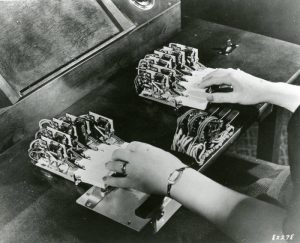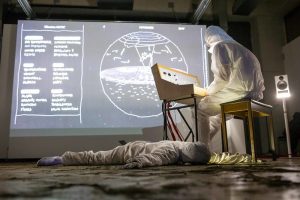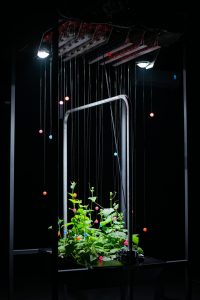An experiment started last year by Sony Intelligence Dynamics Laboratories and a nursery school in San Diego is revealing that children can develop emotions toward robots, leading to new commercial possibilities as machines become smarter and friendlier.
“We adults tend to ask children if it is a toy or a human being, but they are free of such established categorisation,” explains esearcher Fumihide Tanaka who has been working on the project with Machine Perception Laboratory. “If intelligent-machine technology is successfully developed, a century later people will see the concept just as commonsense. This is natural as we are living in a different era now.”
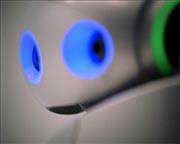
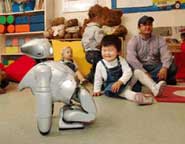
The children, aged up to 24 months, started spending one hour every day with QRIO in March last year. Tanaka remote-controls the robot from a hidden place for some 80% of the immersion sessions, with the humanoid moving on its own for the rest of the time.
Children initially stayed away from the biped but gradually warmed to it, hugging the robot and otherwise showing affection. Researchers found out that when the robot takes part in the children’s dance sessions, the toddlers stay in the room for twice as long.
Children consider the robot not a toy or a living human being but “something between the two”. “They are adapting themselves to the robot and empathising with it, although nobody teaches them to do so,” Mr Tanaka added.
While QRIO is their playmate, another robot, RUBI, which runs on a wheel with a TV panel in its belly, joined the class in April 2005 as a teaching assistant.
See also: How does a robot behave in a playground?, Robots. Better than people?, QRIOs dancing on “Hell Yes” and Robots for fun and research.
Via The Australian. Photo credit: Alan Decker.

